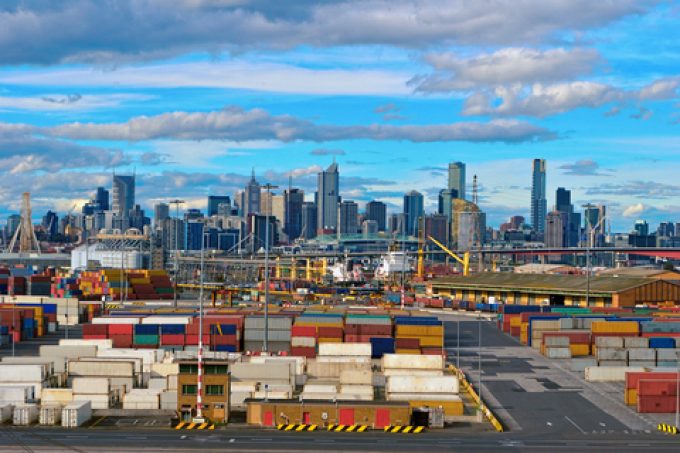Shipping Australia calls for reform of industrial relations
As industrial action by an Australian dockworkers’ union against terminal operator Qube is set to ...

Spiralling terminal access fees at the port of Melbourne are forcing cargo owners to consider alternative shipping routes, according to the Freight & Trade Alliance (FTA).
The controversial fees, also known as “port infrastructure” charges, have angered local trucking firms and shippers since the port’s terminal operators began a series of “exponential” increases in March 2017.
For example, according to the Victorian Transport Association (VTA), the fees truckers must pay in Melbourne to deliver and pick up laden containers have increased by ...
Transpacific sees first major MSC blanks as rates fall and volumes falter
'It’s healthy competition' Maersk tells forwarders bidding for same business
Opposition builds for final hearing on US plan to tax Chinese box ship calls
White House confirms automotive tariffs – 'a disaster for the industry'
New price hikes may slow ocean spot rate slide – but for how long?
Supply chain delays expected after earthquake hits Myanmar
Shippers snap up airfreight capacity to US ahead of tariff deadline
Tighter EU import requirements proving 'a challenge' for forwarders

Comment on this article